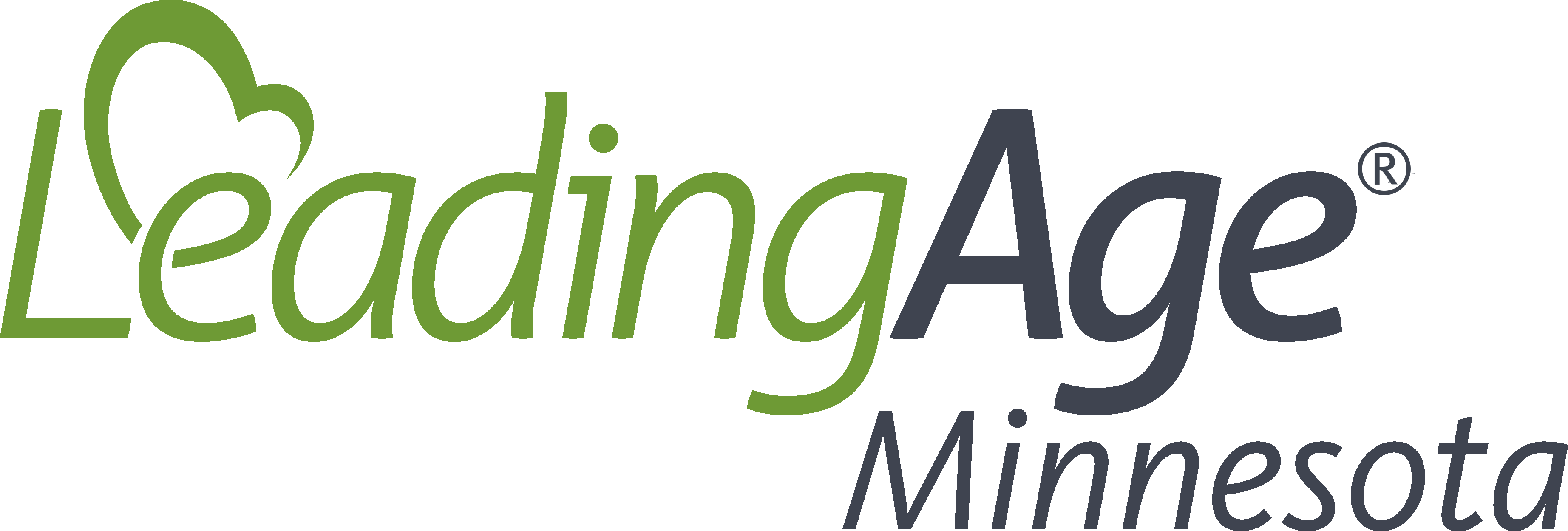Comments
Add a comment
Members must sign in to comment
You must be a member to comment on this article. If you are already a member, please log in. Not a member? Learn how to join »

Members must sign in to comment
You must be a member to comment on this article. If you are already a member, please log in. Not a member? Learn how to join »
assisted living, workforce, covid-19, education, nursing home, ceus, adult day, quality, advocacy, cms
No one has commented on this article yet. Please post a comment below.